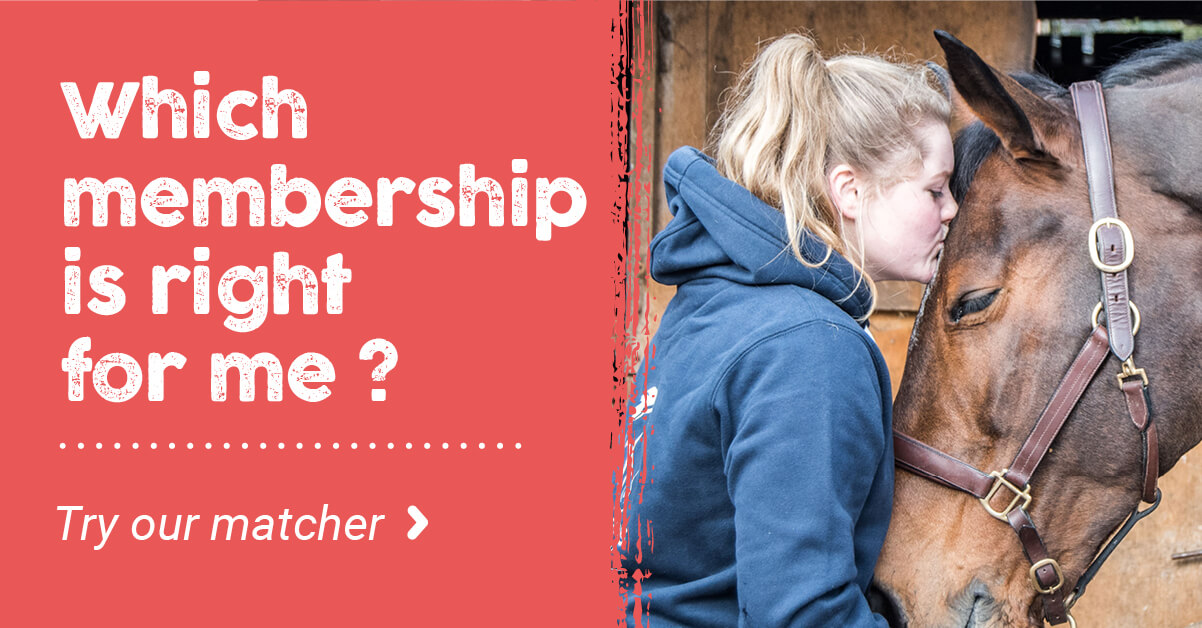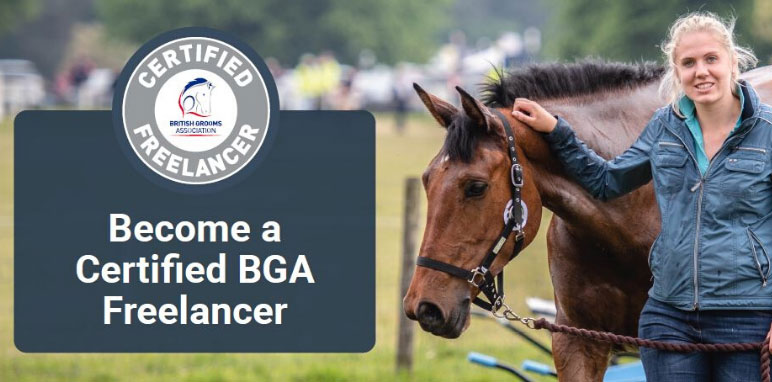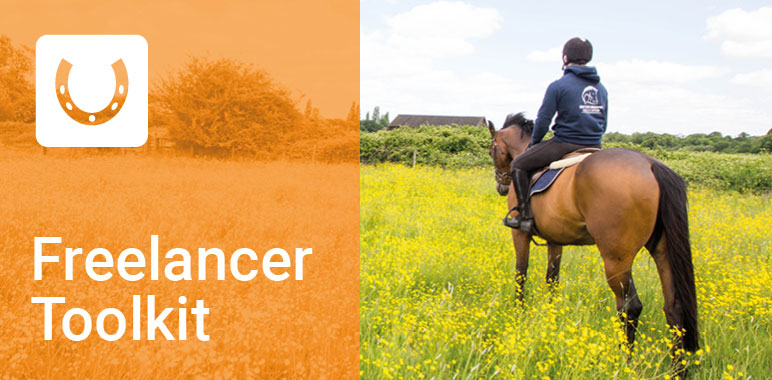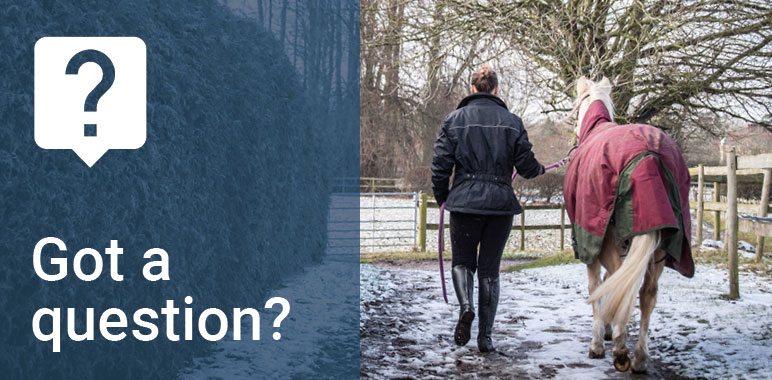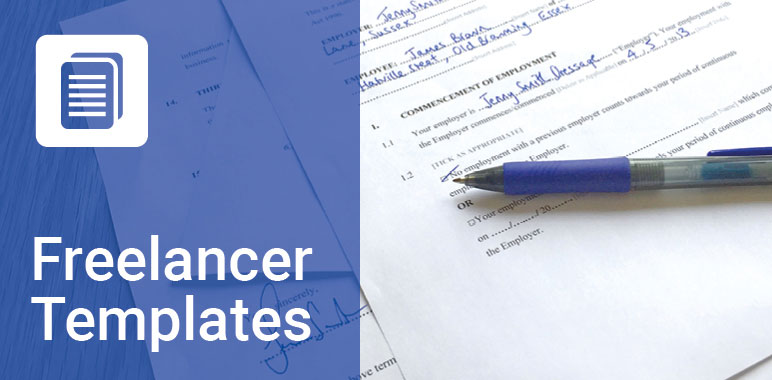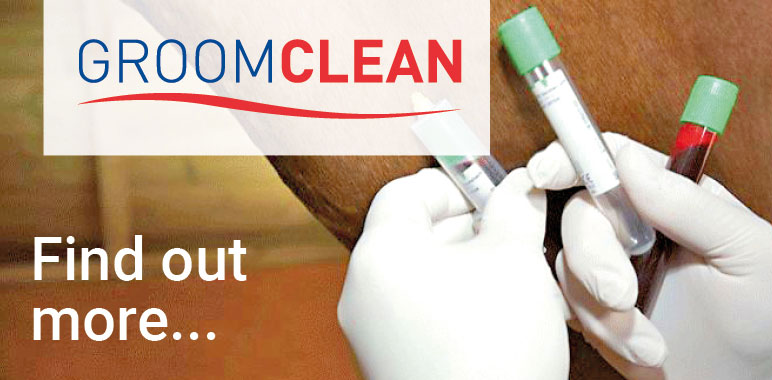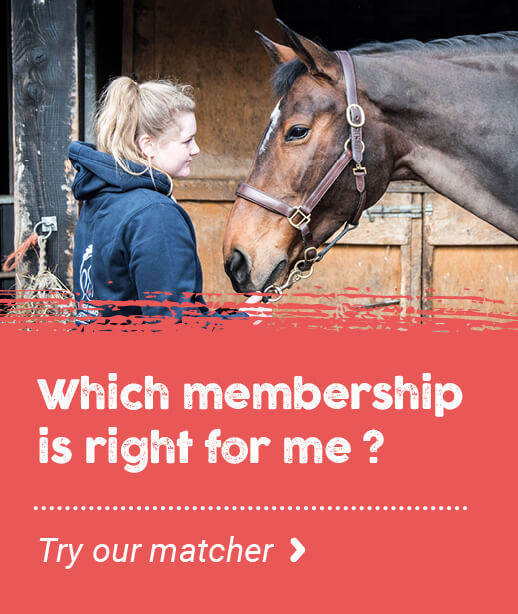- Join Now
- Login
- Member Zone
- Your Career
- Freelancing
- International Grooms Association
- BGA Training
- Healthy Yard Healthy Horses
- Transporting horses
- Brexit
- Safe workplace
- Student Zone
- Member Discounts
- BG Magazine
- Member services
- My employment
- Am I employed correctly
- Grooms Minds
- Safeguarding
- Legal Helpline
- BGA guide to the National Minimum Wage
- Training & Careers
- BGA CV Creator
- Horse groom training
- Where to Train
- BGA E Learning
- Career choices
- Change to Racing
- First Aid training for grooms
- Parents
- Grooms Jobs
- Grooms Life
- About
- News
- Contact

GROOMS JOBS BOARD
FIND YOUR NEW EQUINE JOB TODAY
-
Job
Board -
Freelance Groom
Adverts -
Recruitment
Agencies -
BGA
Job Seekers -
Tips for
Finding a Job
Posted: 797 Days ago
Groom
week 5
Type Full time
Managing the stable yard and environment:
-
Coordinate the daily routine, allocating all tasks fairly and equally.
-
Keep health records of all equines, including: vaccinations, de-worming and shoeing.
-
Plan a suitable de-worming programme.
-
Organise regular farrier visits.
-
Keep all vaccinations up-to-date.
-
Ensure health and safety, plus safeguarding is upheld at all times.
-
Maintain a safe, clean and tidy work environment.
-
Monitoring and training staff with less experience.
-
Monitoring feed/hay quantity and either order or passing the information on to the manager or owner when low in stock.
-
Organisation of rugs, including: washing, repairing, storing, name tagging them to the appropriate horse.
-
Care for any stored equipment.
-
Monitoring visitors and clients around the horses, and ensuring they do not enter prohibited areas of the yard.
-
Place equines with behavioural issues (such as biting over the door) away from public access. Place a "do not touch" sign on the door.
-
Monitoring the continual health and well-being of equines:
-
Treat all equines as individuals.
-
Place equines in a stable which is appropriate for them to be happy and comfortable in.
-
Provide suitable turn out for all equines.
-
Monitor the weight of all horses and ponies to prevent health issues. Alter their diet accordingly.
-
Provide a diet which is correct to the equines: weight, workload and age.
-
Provide supplements or medications where necessary.
-
Call the vet when necessary.
-
Follow veterinary advice on caring for sick or injured equines.
-
Treat wounds, including bandaging and changing dressings.
-
Care for and rehabilitate injured or sick equines.
-
Monitor the workload of equines and feed accordingly. This may be in combination with the rider.
-
Preparing the equine:
-
Fit the correct tack for the rider.
-
Prepare the equine for a competition or show. This may include: bathing, plaiting up, trimming.
-
Preparing the equine for travelling.
-
Load and unload equines from a trailer or horsebox.
-
Prepare the box for travelling. This may include: loading the correct tack, first aid kit, rugs, food, hay, water etc.
Similar Jobs
Head Person / Stud Manager
Posted: 6 Days ago
Yard Person
Posted: 20 Days ago


